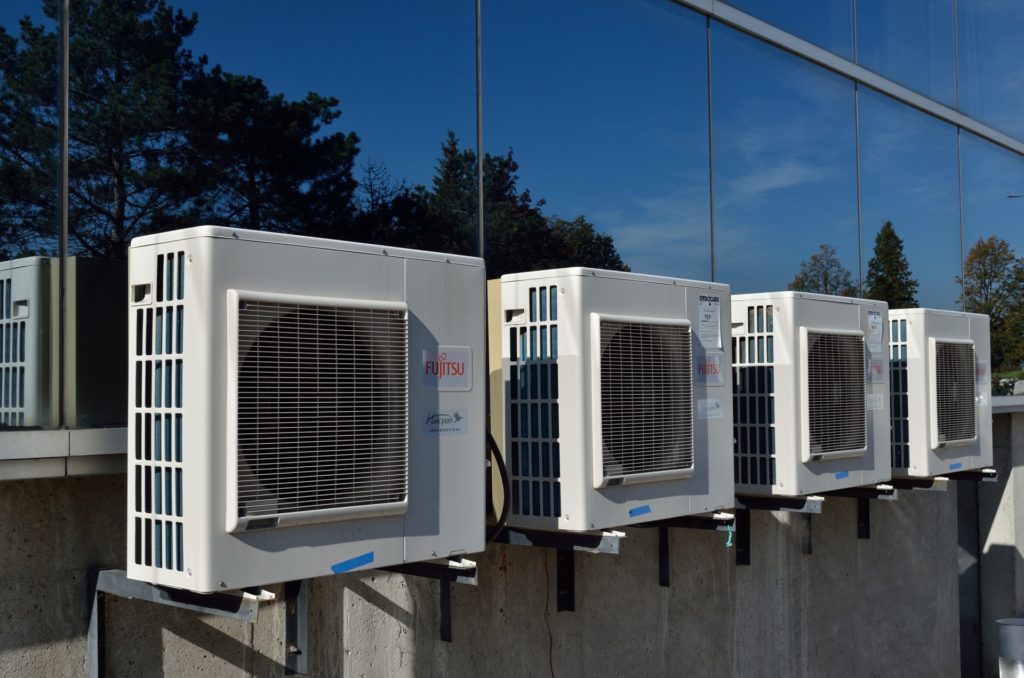
Tariffs and their impact on the HVAC industry have been a hot topic among industry professionals. Many fear the HVACR industry will be negatively impacted by the tariffs, as will the consumers that rely on the products. How has section 301 tariffs impacted the HVAC industry?
There are two types of tariffs. The first tariffs are the Section 232 tariffs that apply to steel and aluminum. They directly affect the basic materials that manufacturers who import those materials would use in constructing their equipment such as boilers, air conditioners, furnaces and water heaters. The second set of tariffs that gets most of the news these days are the Section 301 tariffs with China.
The Air-Conditioning, Heating, and Refrigeration Institute (AHRI) recently submitted comments to the Office of the United States Trade Representative (USTR) in opposition to a fourth round of Section 301 tariffs on Chinese imports. If imposed, this fourth round would cover an additional $300 billion worth of goods. AHRI wanted to reiterate that Section 301 tariffs limit industry access to a global supply chain for components, while bringing about several harmful economic consequences such as:
- Increased costs for manufacturers leading to negative cost impacts on consumers.
- Creating a more challenging environment for the HVACR industry to produce more energy efficient equipment.
- Obstruction of the industry’s ability to address climate change because of higher than necessary demand on the electric grid due to reduced access to energy efficient equipment.
AHRI President & CEO Stephen Yurek stated, “For many of our members, the uncertainty of the exclusion process combined with the continued threat of tariffs creates a business climate that stymies their ability to continue to create jobs that power the U.S. economy. We will continue to interact on behalf of our negatively affected member companies in hopes that the injurious tariff situation is resolved quickly.”
AHRI also expressed its frustration with the tariff exclusion process. The 301 tariffs allow the importer to ask for a particular product to be excluded from the tariff. This is a time-consuming process because the forms require a great deal of information to complete and can take anywhere from two hours to 14 hours, depending on the number of lines to fill out. AHRI has also recently discovered that the exclusion rate for the HVACR industry is almost 40 percent lower than the average for all other industries. Surprisingly, only 11 percent of the requested AHRI member products and equipment have thus far been granted an exclusion. Of the 1,877 exclusion requests AHRI members have made to the USTR, 858 are still awaiting a decision.
If the Section 301 tariffs continue, many industry professionals will be adversely impacted, which would then impact consumers via price increases and limited product choice.
FIELDBOSS stays current on industry trends to keep you informed on what’s happening in the HVACR world. Read our blog and sign up for our newsletter for all the latest news.
#Section301Tariffs #Tariff